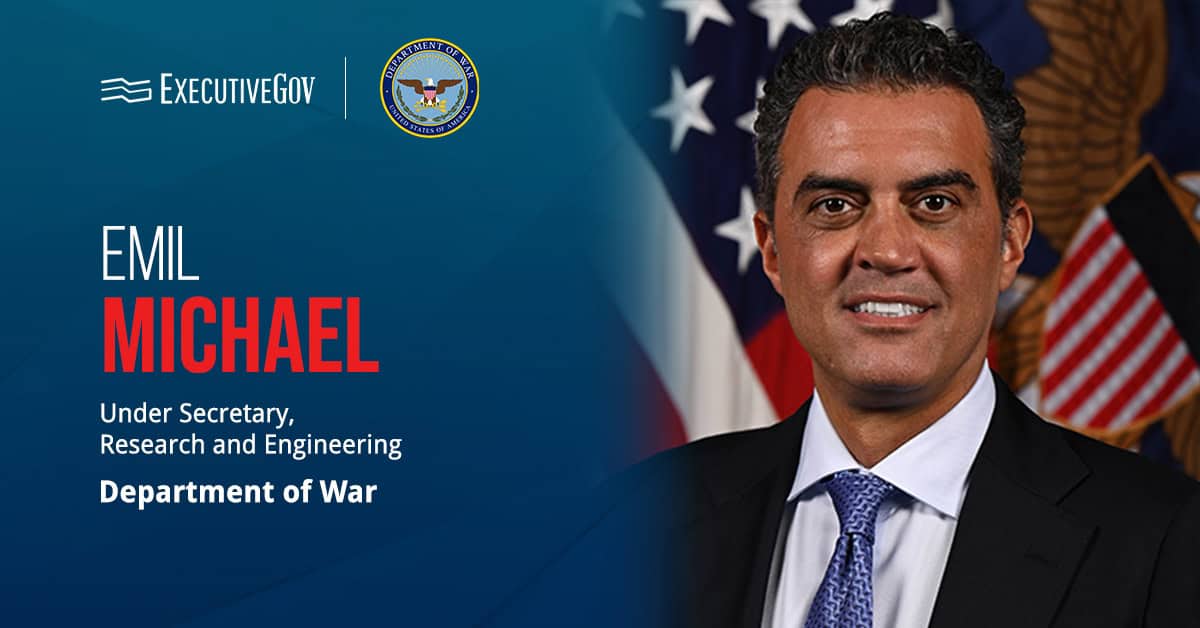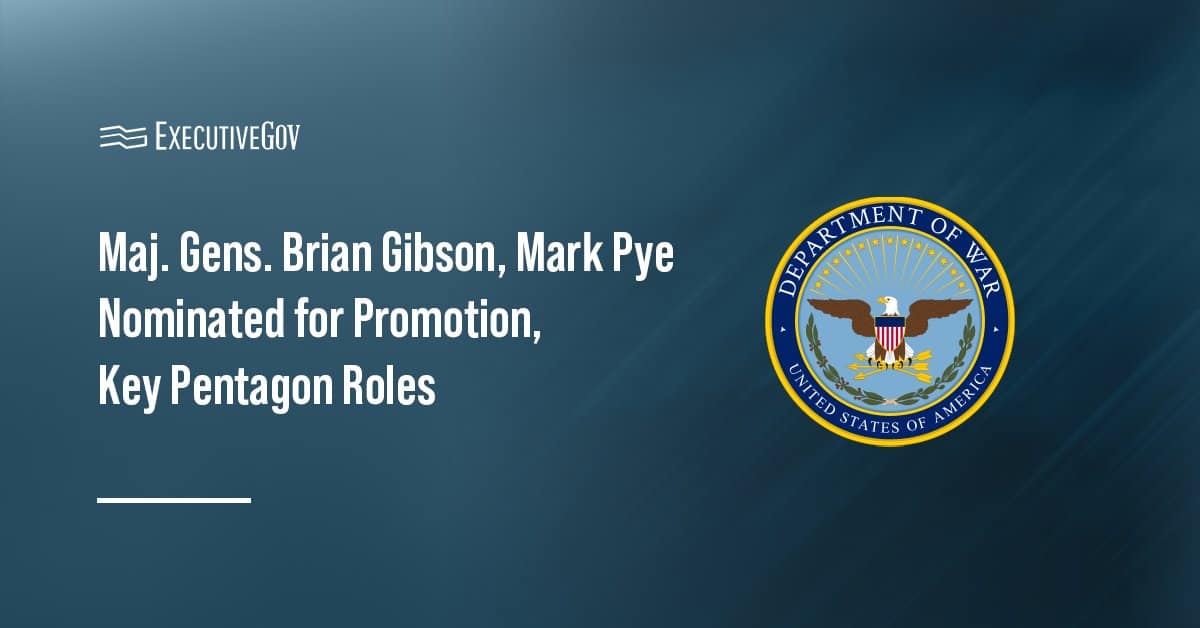Mieke Eoyang, a cyber expert who formerly served as an adviser to democratic lawmakers, has been appointed to serve as the deputy assistant secretary of defense for cyber policy, FedScoop reported Tuesday.
Eoyang will lead policy across the strategic, financial and other aspects of the U.S. military's cyber operations and security. She announced her appointment to the role in a tweet posted Monday.
The newly appointed defense executive was a staffer for intelligence and defense committees within Congress, and advised former Sen. Edward Kennedy, (D-Mass.) on defense policy. She also served as chief of staff to Rep. Anna Eshoo, (D-Calif.) She most recently served as vice president for national security at Third Way, a Washington D.C.-based think tank.





